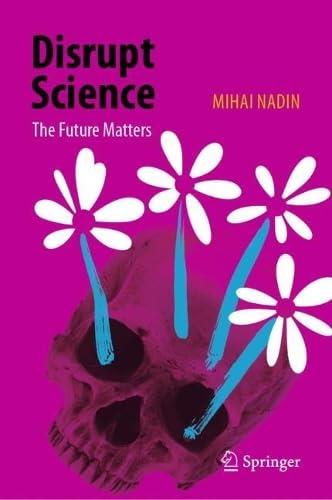Games are US
from Social System Analysis and Risk Assessment Horizon Scanning – a 2-day workshop on the subject of exploring the possibilities available for anticipating social change. PDF Games Are US – A Summary Report Mihai Nadin At the invitation of the Office of the Prime Minister of Singapore, Dr. Nadin was invited to make 2 presentations […]
from Social System Analysis and Risk Assessment Horizon Scanning – a 2-day workshop on the subject of exploring the possibilities available for anticipating social change.
PDF
Games Are US – A Summary Report Mihai Nadin
At the invitation of the Office of the Prime Minister of Singapore, Dr. Nadin was invited to make 2 presentations in the framework of Social System Analysis and Risk Assessment Horizon Scanning – a 2-day workshop on the subject of exploring the possibilities available for anticipating social change. Organized by the National Security Coordinating Center, the Arlington Institute, Singapore, July 19-20, 2007. His presentations are:
1. Anticipation and risk Assessment and Behavioral Modeling
2. Gaming: Horizon scanning through massively multi-player online role playing games (MMORPG)
Games are US
The challenge is to develop a) knowledge acquisition methods, b) algorithms, c) mining methods for representing the dynamic, asymmetric, and interactive nature of economic, social, and political developments characteristic of society at a certain moment in time. For this purpose, a non-linear, emergent, interactive environment enabled by a web centric model needs to be developed.
The dynamics of black, gray, and legitimate economics within a context of global scope has to be accounted for. Information flow within such an environment is representative of friendly/cooperative actions, coercive, formal or informal relations. Baseline data feeds into a 3D interactive socio-cultural model for asymmetric domain analysis. For this purpose, emerging media, such as multiplayer gaming, social networks, and 3D recursive data modeling can be used. Real-time data drives the model. Conflicts are predictable, and so is bias (national, religious, social, political, etc.). Therefore, behavior (at the aggregate level) can be ascertained, and social mechanisms for conflict avoidance can be deployed.
The gaming platform has to be endowed with mathematical descriptions relevant to
- emergence of factions in society
- threat assessment
- evaluation of the global state of the system
- evaluation of consequences of interaction with other entities (trade partners, political allies, regional interest groups, etc.)
Players’ actions in the game are subject to interactivity—they are accepted or rejected by others, or they have no impact. In situations of conflict (modeled by the game), values such as “What can work?”, “What is actually acceptable?”, “What are the immediate and long-term consequences?” are shared.
Procedurally generated lists of tasks characteristic of various groups (the young, the retired, religious groups, professional groups, political groups, etc.) are inserted in the game. The end results are:
- threat assessment
- methods for conflict resolution
- real-time extraction of metrics (at aggregate, group, and individual levels).
The challenge is the design and implementation of a network that integrates individuals with shared databases, advanced analytical tools, knowledge centers, and information/intelligence gathering.
The platform can serve for
- state assessment, i.e., mitigation of risk tool
- communication (intuitive)
- training.
Posted in Anticipation, Ubiquitous Computing & Digital Media

 Disrupt Science: The Future Matters
Disrupt Science: The Future Matters